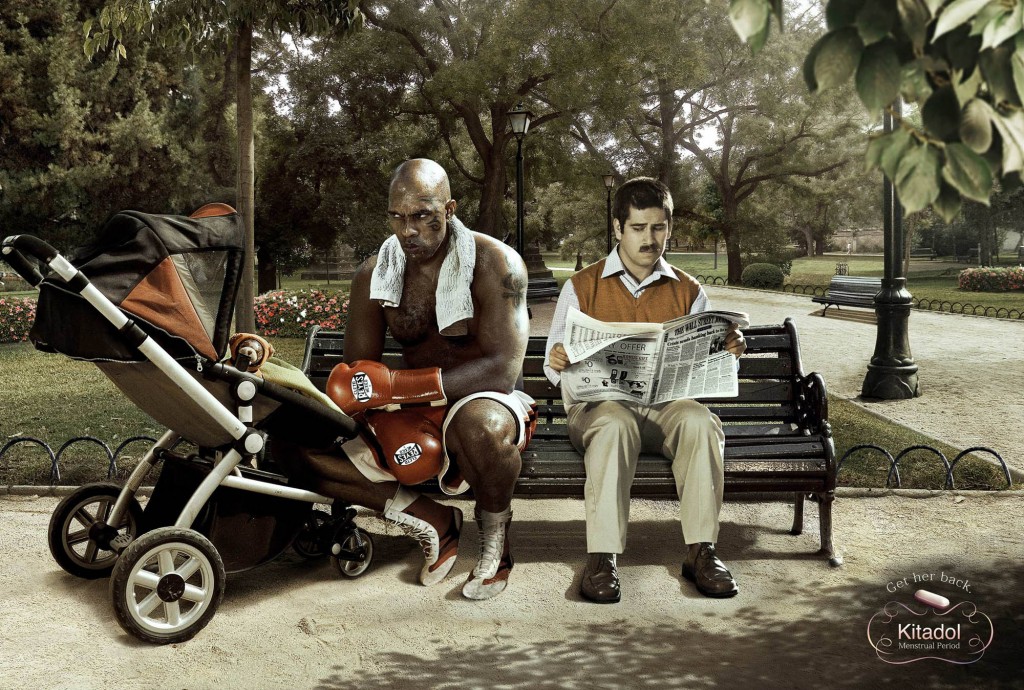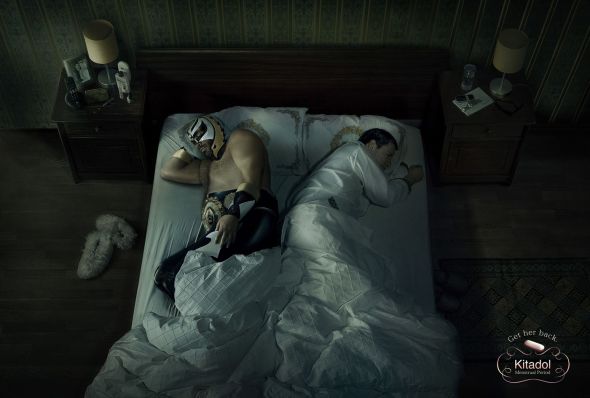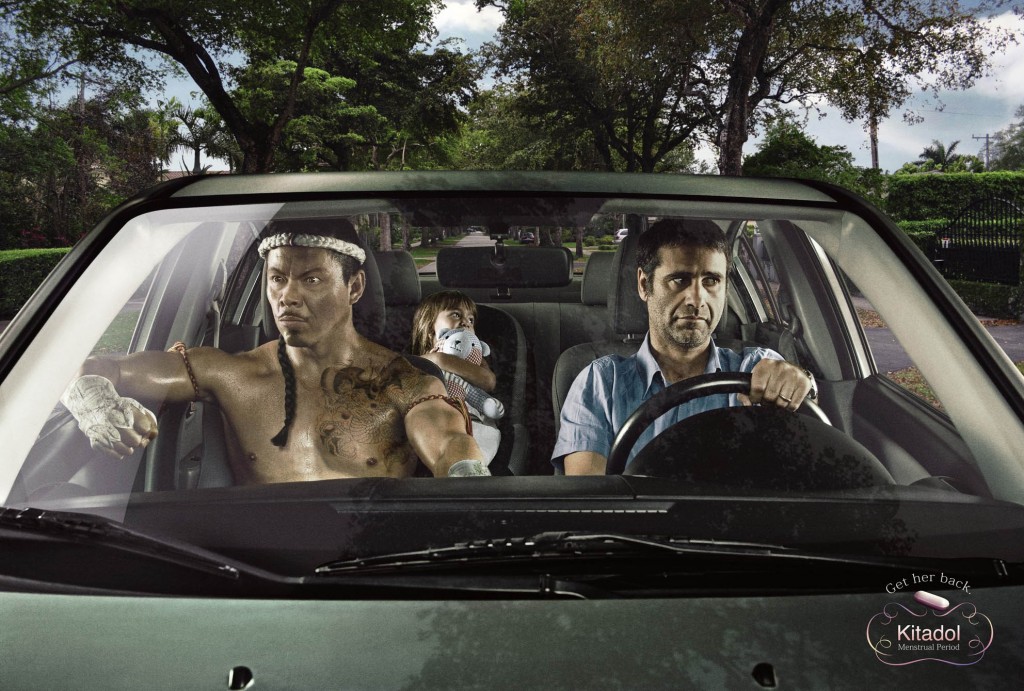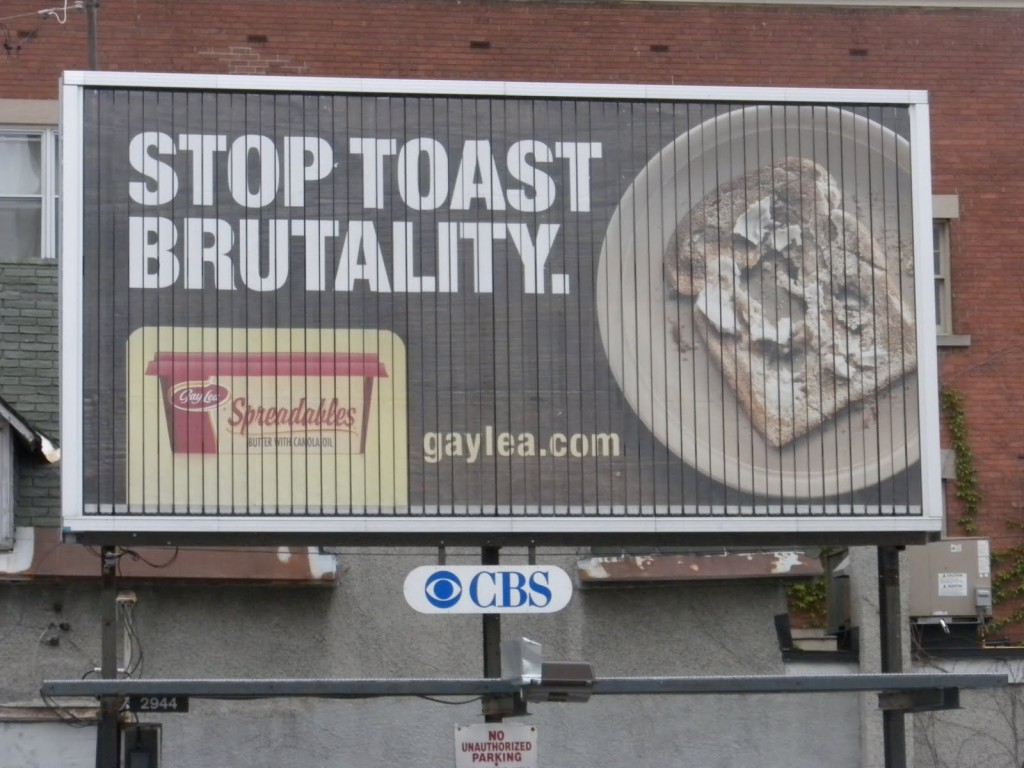
Lest you think that rape culture is confined to simply excellent institutions of higher education, Salon reports that Yale students pledging the Delta Kappa Epsilon fraternity were marched by women’s dorms marching “no means yes, yes means anal.” Salon’s Tracy Clark-Flory writes:
Now, DKE President Jordan Forney has been forced to apologize for this blatant sexual intimidation by calling it “a serious lapse in judgment by the fraternity and in very poor taste.” But this sort of hateful crap isn’t a “lapse in judgment.” It doesn’t innocently happen that you’re guiding male pledges by young women’s dorms in the dark of night chanting about anal rape. It isn’t a forehead-slapping slip-up, it’s a sign that you need major reprogramming as a human being.
UPDATE: Sociologist Michael Kimmel has a fantastic analysis of the second half of the chant:
This chant assumes that anal sex is not pleasurable for women; that if she says yes to intercourse, you have to go further to an activity that you experience as degrading to her, dominating to her, not pleasurable to her. This second chant is a necessary corollary to the first.
Thanks to feminism, women have claimed the ability to say both “no” and “yes.” Not only have women come to believe that “No Means No,” that they have a right to not be assaulted and raped, but also that they have a right to say “yes” to their own desires, their own sexual agency. Feminism enabled women to find their own sexual voice.
…
This is confusing to many men, who see sex not as mutual pleasuring, but about the “girl hunt,” a chase, a conquest. She says no, he breaks down her resistance. Sex is a zero-sum game. He wins if she puts out; she loses.
That women can like sex, and especially like good sex, and are capable of evaluating their partners changes the landscape. If women say “yes,” where’s the conquest, where’s the chase, where’s the pleasure? And where’s the feeling that your victory is her defeat? What if she is doing the scoring, not you?
Thus the “Yes Means Anal” part of the chant. Sex has become unsafe for men–women are agentic and evaluate our performances. So if “No Means Yes” attempts to make what is safe for women unsafe, then “Yes Means Anal” makes what is experienced as unsafe for men again safe–back in that comfort zone of conquest and victory. Back to something that is assumed could not possibly be pleasurable for her. It makes the unsafe safe–for men.
In this way, we can see the men of DKE at Yale not as a bunch of angry predators, asserting their dominance, but as a more pathetic bunch of guys who see themselves as powerless losers, trying to re-establish a sexual landscape which they feel has been thrown terribly off its axis.
For more indications that we live in a rape culture, see our posts on media coverage of a rape video game and the George Sodini murders, rapists as hyperconformists to ideal masculinity, the rape scene in Observe and Report, t-shirts endorsing sex with “drunk girls”, and, of course, the Purdue Exponent’s sex position of the week.
Lisa Wade, PhD is an Associate Professor at Tulane University. She is the author of American Hookup, a book about college sexual culture; a textbook about gender; and a forthcoming introductory text: Terrible Magnificent Sociology. You can follow her on Twitter and Instagram.








